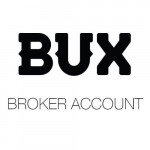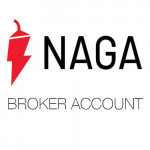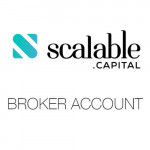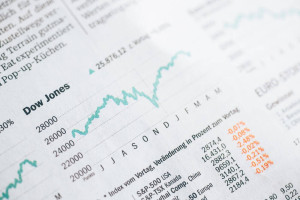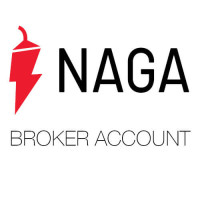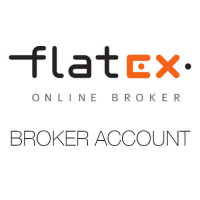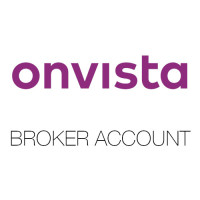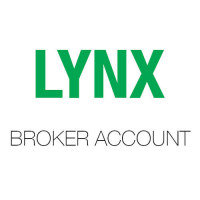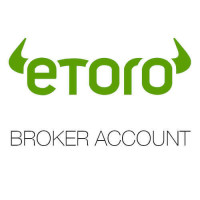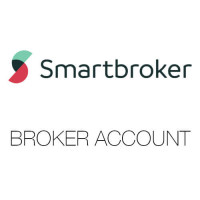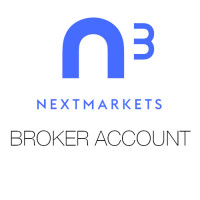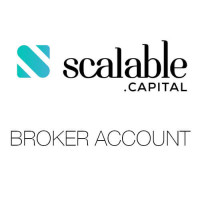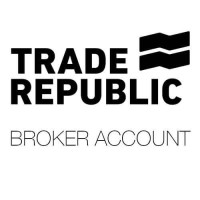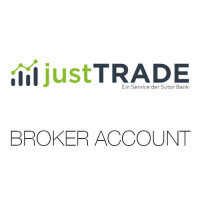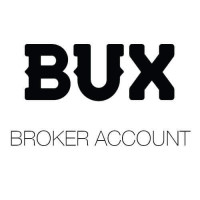What kind of fees can an online broker charge?
Before you open an online broker account in Germany, you should compare all providers and choose the one that will cost you the least amount of fees. And this depends on what you plan on doing: Do you want to trade stocks (shares) frequently? Do you want to invest in ETFs (exchange-traded-funds) and let them sit for a couple of years? Do you want to buy financial derivatives (securities), such as options, futures, swaps?
Online brokers may have different fees for different transactions. Some are banks that offer a current account together with your broker account, including a credit or debit card. Some providers will just give you the broker account (in German: Depot or Wertpapierdepot), but nothing else.
The most common fees in German broker accounts are account maintenance fee (in German: Depotführungsgebühr), fee per trade order (Orderprovision, Orderentgelt or Wertpapierkaufsgebühr) and a deposit fee as a percentage of your funds (Wertpapierdepotgebühr).
The account maintenance fee is usually a flat fee per month, however, most providers do not charge this anymore or some require you to give a minimum amount of orders per month to waive this fee. Many providers do not charge a maintenance fee at all, e.g. eToro, Trade Republic, onvista, Smartbroker. Others, e.g. comdirect, give you a free account for 3 years and charge you a monthly fee of ca. 2€ after that – unless you make a certain amount of orders.
The fee per order is the most important aspect of your broker account, if you want to buy shares or ETFs from time to time. Some providers offer a flat fee per order, anywhere between 1€ and 25€, other take a percentage of your order volume, e.g. 0.25%, or a combination of the two.
Many banks and broker account have higher fees when you call them to place orders or when you place orders via physical post mail.






